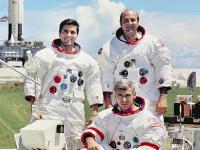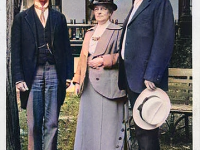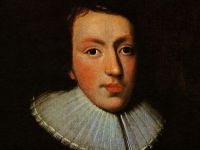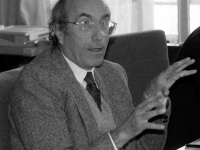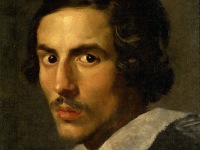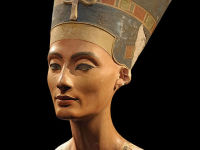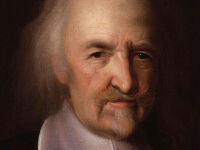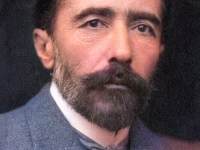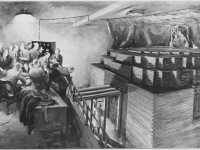Apollo 17 – The Last Men on the Moon…so far
On December 11, 1972, Apollo 17 with Commander Eugene A. Cernan, Command Module Pilot Ronald E. Evans, and Lunar Module Pilot Harrison H. Schmitt landed in the Taurus-Littrow valley on the lunar surface and were (so far) the last men to set foot on the Moon. Apollo 17 was the eleventh and final mission of the United States‘ Apollo program, the sixth mission to land humans on the Moon. Background While earlier Apollo…
Read more

